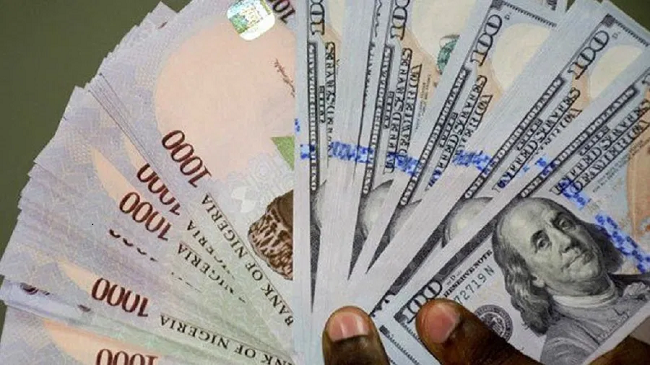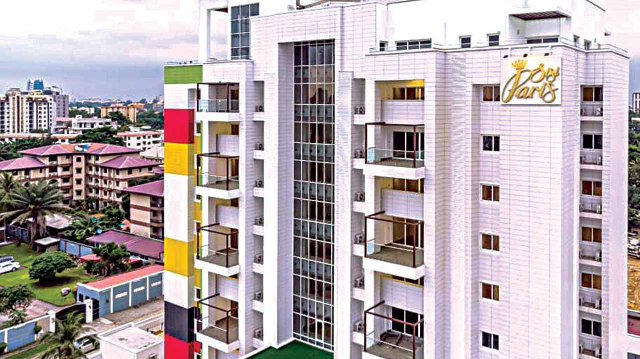The Director-General, Nigeria Governors’ Forum (NGF), Mr. Asishana Okauru, says worsening insecurity and currency depreciation have adversely affected the business environment and taxable income in Nigeria.
The NGF DG, represented by the Senior Programme Manager, NGF/SFTAS, Mr. Lanre Ajogbasile, said this during a presentation at a workshop in Abuja organized by the States’ Fiscal Transparency Accountability and Sustainability Programme Coordination Unit of the Ministry of Finance, Budget and National Planning.
He added that the perceived weak social contract between citizens and the government continues to threaten the legitimacy of taxation.
In a presentation titled, ‘Improving Internally Generated Revenue: Trend and Emerging Reforms,’ it was noted that Nigeria is still recovering from adverse fiscal and macroeconomic conditions, which had exerted strong pressure on the fiscal sustainability of governments at national and sub-national levels.
He added that the negative fiscal pressure had been primarily due to over-dependence on Federation Accounts Allocation Committee transfers which are constantly threatened by the increasing volatility in oil prices and mounting subsidy payments.
The COVID-19 pandemic has also impacted government spending, economic activities, and the government’s internally generated revenue, with states and FCT IGR shrinking by 2.1 percent (N28.15bn) between 2019 and 2020.
He said, “Worsening insecurity and currency depreciation is affecting the business environment and consequently, productivity and income to be taxed.”
He also said that the total number of registered taxpayers (States and FCT) was estimated to reach 35 million persons in 2019/2020, about 50 percent of the entire labor force of 70 million persons.
He added that only 13 percent of taxpayers fully trust tax officials, while 83 percent are likely to evade tax payments.












